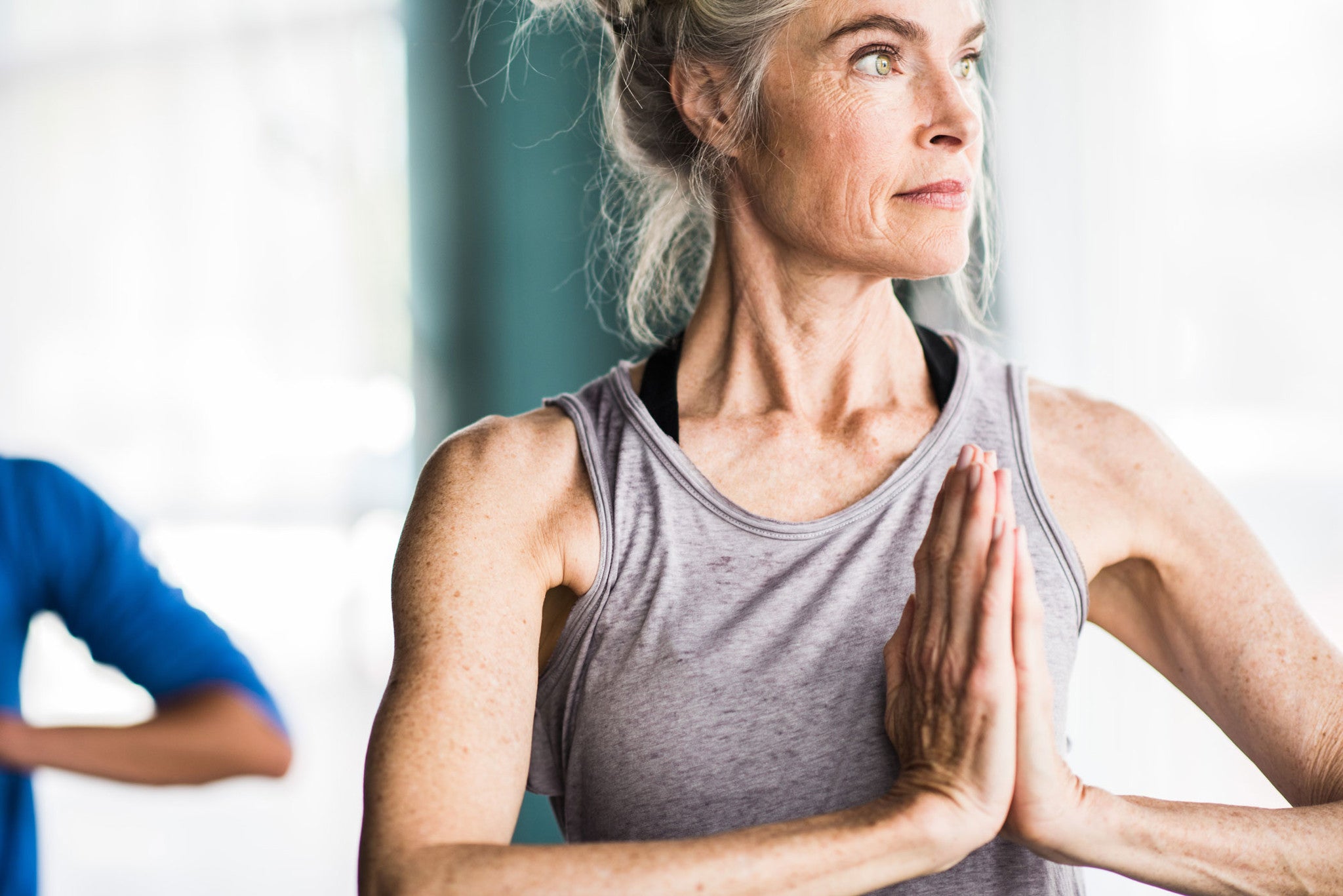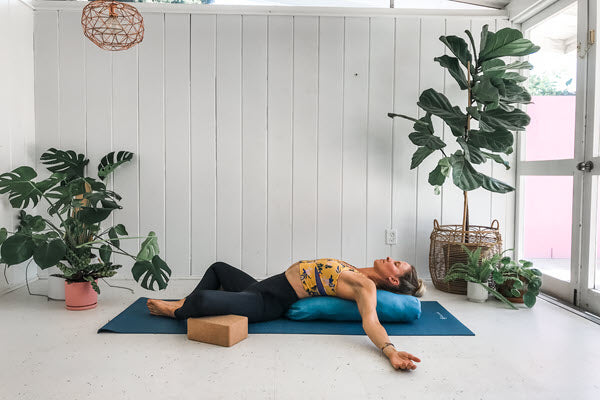How Does Muscle Tone Change with Age?

Author: Holly Ridgeway
Decreased muscle tone comes along with aging, but muscle tone can be improved at any age with a variety of strategies.
What is muscle tone?
When people mention muscle tone, they are usually talking about muscle definition, not bulk or mass. Toning is a way to look leaner and smoother by revealing the muscle beneath the fat. Women, in particular, seek to increase muscle tone rather than muscle size. Improved muscle tone is also the goal of many endurance athletes, both male and female, who want to increase their performance without adding weight.
Muscle tone and aging
As we age, engaging in various physical activities — such as running, playing sports, hiking or biking — get harder because our muscle tone is getting lower with each passing year. This decrease in muscle tone occurs as we age partly because of typical lifestyle changes. As we get older, we often sit more — due to work, for instance — and participate less in physical activities. A sedentary lifestyle is a big contributor to loss of muscle tone.
Here comes sarcopenia
As people reach middle age and onward, the struggle to keep muscle tone increases even more. This is due to a condition known as sarcopenia, which is a degenerative process associated with aging. What arthritis is to cartilage or osteoporosis is to bone, sarcopenia is to muscle; it’s a gradual wearing away, leading to low muscle tone.
But the problem doesn't end there. As you get older, low muscle tone carries with it many associated risks. Loss of muscle tone is often more significant in the lower extremities, leading to a decreased ability to walk and balance yourself, which then leads to a greater risk of falls and other injuries. When you lose muscle, your strength and energy levels also decrease. Metabolism slows as well, since muscle burns calories. And, if you lose muscle without reducing your caloric intake, you will inevitably gain fat, which burns fewer calories in comparison. This will likely lead to less activity and yet more muscle loss. Alas, another vicious cycle!
How to combat low muscle tone as you age
So how do you prevent the inevitable loss of lean muscle tissue as your grow older? Don't act your age! Stay as active as possible, and have your doctor recommend a resistance-training program appropriate for your life stage and physical condition. Resistance training is very effective at fighting low muscle tone. Also be sure that you are getting adequate amounts of protein to build muscle, enlisting the help of a dietician if needed.
Getting old doesn't have to mean sitting around all day doing nothing. The younger you act, the younger you'll feel!
Also in Blog

Body Peace & Personal Empowerment

Yoga for Swimmers: Poses for Strength and Mobility

